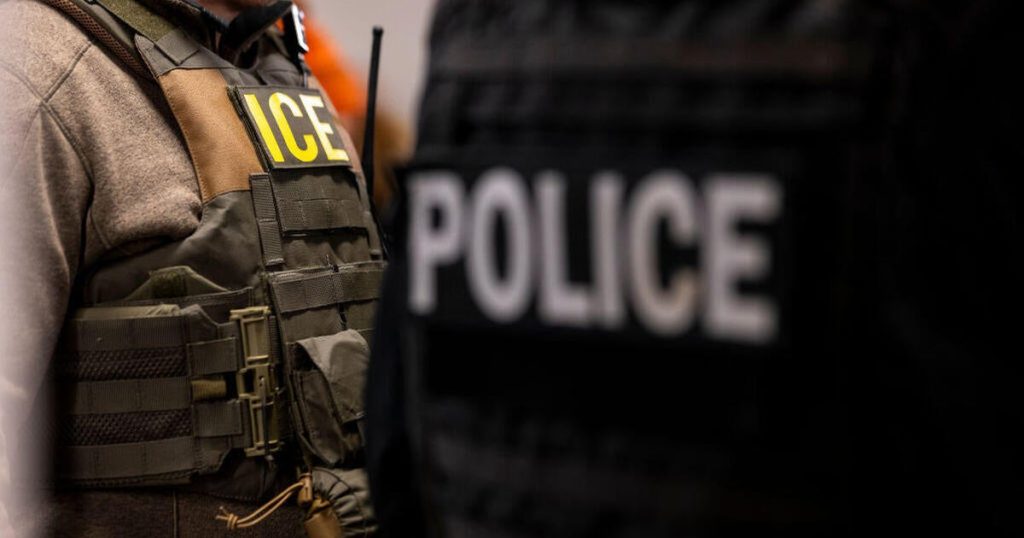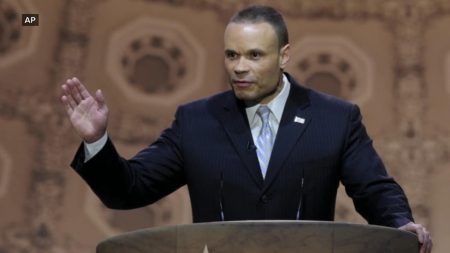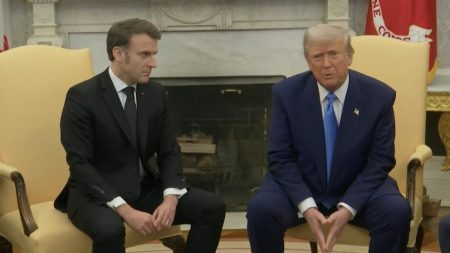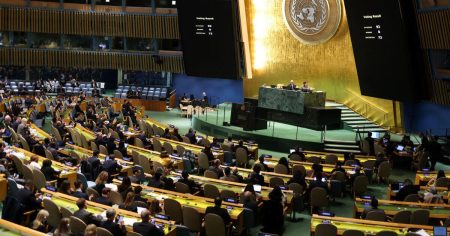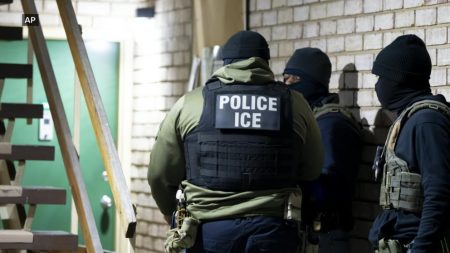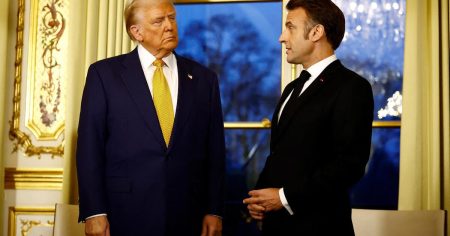A Federal Judge Blocks Trump Administration’s Immigration Enforcement at Certain Places of Worship
Introduction
In a significant legal development, a federal judge in Maryland has blocked the Trump administration from enforcing immigration actions at specific places of worship associated with three religious groups: the Quakers, Cooperative Baptists, and Sikhs. This decision comes as a response to a lawsuit filed by these groups challenging the administration’s reversal of a Biden-era policy that protected such locations from immigration enforcement. The ruling underscores the tension between national security and the protection of religious freedoms, highlighting the importance of balancing governmental enforcement responsibilities with the rights of religious communities.
Background on the Case
The case involves three religious organizations with distinct backgrounds and practices. The Quakers, formally known as the Religious Society of Friends, have a long-standing presence in the U.S. and emphasize communal worship as central to their faith. The Cooperative Baptist Fellowship comprises a network of churches with a significant immigrant population, many engaged in ministries focused on immigrants and refugees. The Sikh Temple in California serves a community where half of the congregation consists of immigrants. These groups argued that the Trump administration’s 2023 immigration enforcement policy, which removed protections for sensitive locations like churches, schools, and hospitals, violated their First Amendment rights and the Religious Freedom Restoration Act (RFRA).
Legal Arguments and Ruling
Judge Theodore Chuang, appointed by former President Barack Obama, granted a preliminary injunction, citing that the new policy imposed a substantial burden on the religious groups’ ability to practice their faith communally. The judge found that the threat of enforcement actions had already led to reduced attendance, affecting both undocumented immigrants and legal residents who feared mistaken identity. This disruption hindered the groups’ central religious practices, prompting the court to side with the plaintiffs. The ruling requires the Department of Homeland Security to revert to the 2021 memo’s guidelines, prohibiting enforcement actions in the specific places of worship associated with the plaintiffs, unless authorized by a warrant.
Implications of the Injunction
The injunction, while narrow in scope, carries significant implications for the balance between immigration enforcement and religious freedom. It prevents the Trump administration from conducting arrests in the specified places of worship without a warrant but allows enforcement elsewhere. This decision emphasizes the government’s responsibility to respect religious freedoms while maintaining public safety. The ruling also draws attention to the broader debate on immigration policies and the impact on vulnerable communities, highlighting the need for policies that protect both national security and individual rights.
Conclusion
The judge’s decision is a pivotal moment in the ongoing discourse surrounding immigration and religious freedom. It reaffirms the importance of protecting communal worship spaces from enforcement actions that could disrupt religious practices and foster fear within congregations. As the case progresses, it will likely set precedents for similar challenges, underscoring the enduring struggle to balance governmental authority with constitutional rights. This ruling serves as a reminder of the judiciary’s role in safeguarding individual liberties while ensuring national security, offering a nuanced approach to complex societal issues.





